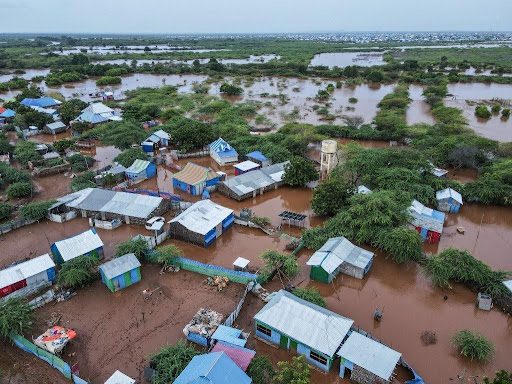

Washington, D.C., January 15, 2025 – The Executive Board of the International Monetary Fund (IMF) approved two significant financial arrangements for the Democratic Republic of the Congo (DRC): a 38-month Extended Credit Facility (ECF) for $1,729 million (125% of quota) and a 38-month Resilience and Sustainability Facility (RSF) for $1,038 million (75% of quota).
These arrangements aim to stabilize the country’s macroeconomy, enhance governance, and drive inclusive economic growth. The ECF will focus on strengthening fiscal and monetary policies, improving the business climate, and fostering structural reforms. The RSF-supported program is designed to help DRC advance its climate adaptation and mitigation efforts, positioning the country as a “solution country” in the global transition to a low-carbon economy.
Strengthening the Economy Amid Challenges
Despite significant challenges, including ongoing armed conflicts in the eastern part of the country and a recent public health crisis, DRC’s economy has shown resilience. Real GDP growth in 2024 is projected at 6.0%, with inflation decreasing from a peak of 23.8% at the end of 2023 to 12.8% by November 2024. The fiscal balance improved due to stronger-than-expected revenue mobilization, although higher-than-anticipated security and wage expenditures partially offset this. The current account deficit also narrowed, helping to strengthen foreign exchange reserves.
Addressing Structural and Climate Challenges
The ECF-supported program builds on the progress made under the 2021-2024 ECF and aims to maintain macroeconomic stability, improve governance, and enhance transparency. The program focuses on increasing domestic revenue mobilization, enhancing public financial management, and improving the efficiency and accountability of public spending.
The RSF arrangement is particularly focused on advancing DRC’s climate agenda by protecting its vast rainforests, strengthening resilience to climate disasters, and integrating climate considerations into public investment management. It will also bolster the country’s role as a key player in the global low-carbon transition.
IMF’s Commitment to DRC’s Development
At the conclusion of the discussion, Mr. Okamura, IMF Deputy Managing Director and Chair, praised the DRC government’s efforts to maintain economic stability despite significant challenges. He emphasized the need for deeper reforms, particularly in fiscal management, to ensure long-term growth. He further highlighted the importance of strengthening DRC’s fiscal policies and enhancing the business climate to attract investment and foster economic growth.
The IMF’s support is critical in helping the DRC strengthen its fiscal space for priority investments in infrastructure, social programs, and climate resilience. The efforts are aligned with the DRC’s broader development goals, which include fostering a sustainable economy that can better withstand global climate change and regional instability.
Moving Forward: Climate and Economic Resilience
The IMF’s support through the ECF and RSF arrangements will be instrumental in helping DRC tackle its macroeconomic and climate-related challenges, drive structural reforms, and ensure long-term sustainable growth. By focusing on both economic stability and climate resilience, the IMF is helping DRC position itself as a key player in the global transition to a low-carbon economy, while addressing its domestic development needs.

